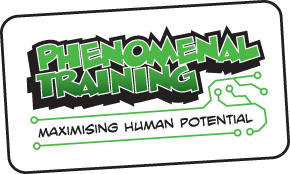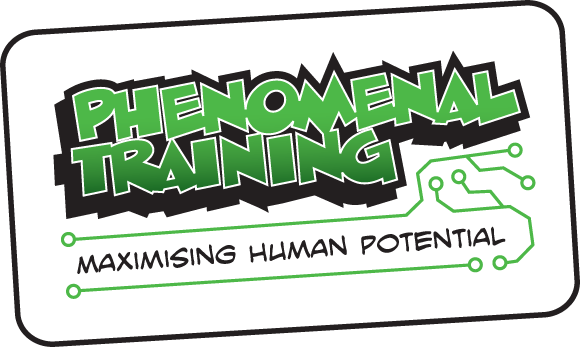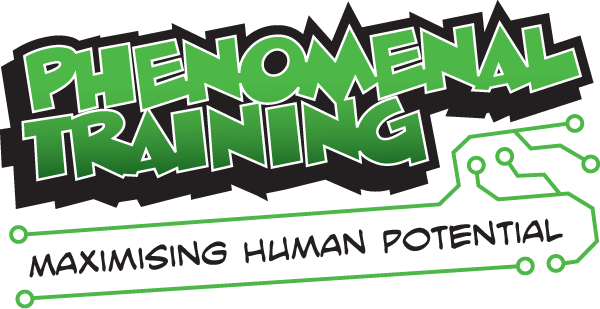In March 2016 a major Artificial Intelligence (AI) development milestone was reached. Did Google’s DeepMind assist life-saving medical research? Perhaps negotiate a lasting peace in the Middle East?
No. It got really, really, REALLY good at a fiendishly difficult ancient Chinese board game.
Acquired by Google in 2014 for $500m, the DeepMind team is not only a British success story, it has deeper implications for the workplace of the future and the types of jobs our children can look forward to having.
The game Go was long-considered to be too complex, and too dependent on predicting the other player’s moves, for AI to master. In order for computers (or indeed humans) to play Go well they must accurately predict the consequences of each move: what can the opponent then do; what the corresponding counter-moves will be; and so on, creating a veritable forest of decision trees. The number of possible moves in each turn is approximately 200, or ten times as large. That is complex!
(To give you a further idea of the complexity of “Go”, I dare you to click on this link and read through the rules; I got to Diagram 1 before I needed a lie down…)
DeepMind used machine learning and neural networks to give its AlphaGo AI the ability to evaluate and execute strategy at a world-class level, as world-class player Lee Se-dol found out to his dismay in the Google DeepMind Challenge Match in March, where he lost 4-1. Machine win! Lightly mentioned in the articles was the fact that Lee Se-dol’s confidence was devastated before his final win in the fifth round. I wonder: what did this mean for his self-image and future performance confidence?
Further than being something that will haunt Mr Se-dol’s track record for a while, DeepMind has major implications for the field of AI. The deep-learning technology it uses has the potential to revolutionise the workplace. If human cognitive ability can now be matched and surpassed by AI, and the major tech companies all investing heavily in AI, does this mean the robots/AI will take over our workplaces?
I’m not sure this is the right question. This implies an active/hostile takeover. Having worked with many organisations over the years helping them engage and connect with their employees amid change, I think the risk is more insidious. I believe we are more at risk of us humans switching off, as we delegate more and more of our thinking tasks to smart technology. So much so that we miss the critical point at which we have lost control. Many a time I have trusted my sat nav over my own intuition and as a driver I would now be lost without it.
I think that employee motivation will be the key to future-proofing our workplaces from the potential AI-induced “switch-off”. If people think that machines are valued above their personal toil and sacrifice at work, then the effect on morale and motivation will be catastrophic. Perhaps then the robots will take over…
So, although we may get outsmarted in some areas of our jobs by a snippet of code in the not too distant future, we humans are special. Along with bellybuttons, human imagination and emotion cannot (as yet) be replicated so we need to nurture and value them, both in ourselves and our employees. I believe that people are messy, complicated, brilliant and boundless in potential when they feel good about themselves and their work.
My call to action would be to do what you can NOW to protect the parts of your job that require creativity, curiosity and decision-making in order to optimise your human edge in your (and your team’s) work. Don’t rely only on the sat nav. If you are in a position of influence, consider what needs to be protected SOON to ensure you are using your brain; repetitive tasks have a high likelihood of becoming automated out.
The robots are coming; look busy!
Laura x
If you think you need some support in maintaining employee motivation, you can enhance your EQ and upgrade your humanness at a WishFish workshop on emotional intelligence and personal resilience. Please email Gail (she’s human); info@wishfish.org.uk for more information




Greetings I am so excited I found your webpage, I really found you by accident, while I was browsing on Yahoo for something else, Regardless I am here now and would just like to say cheers for a marvelous post and a all round interesting blog (I also love the theme/design), I don’t have time to read through it all at the minute but I have book-marked it and also added in your RSS feeds, so when I have time I will be back to read a great deal more, Please do keep up the fantastic b.|
I blog often and I genuinely appreciate your information. The article has really peaked my interest. I am going to bookmark your site and keep checking for new information about once per week. I subscribed to your RSS feed as well.